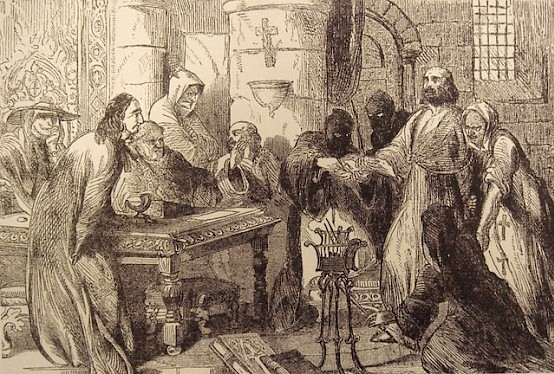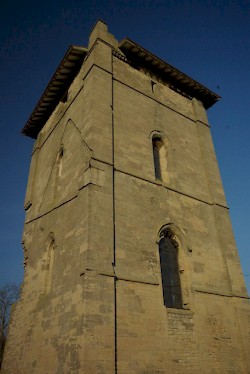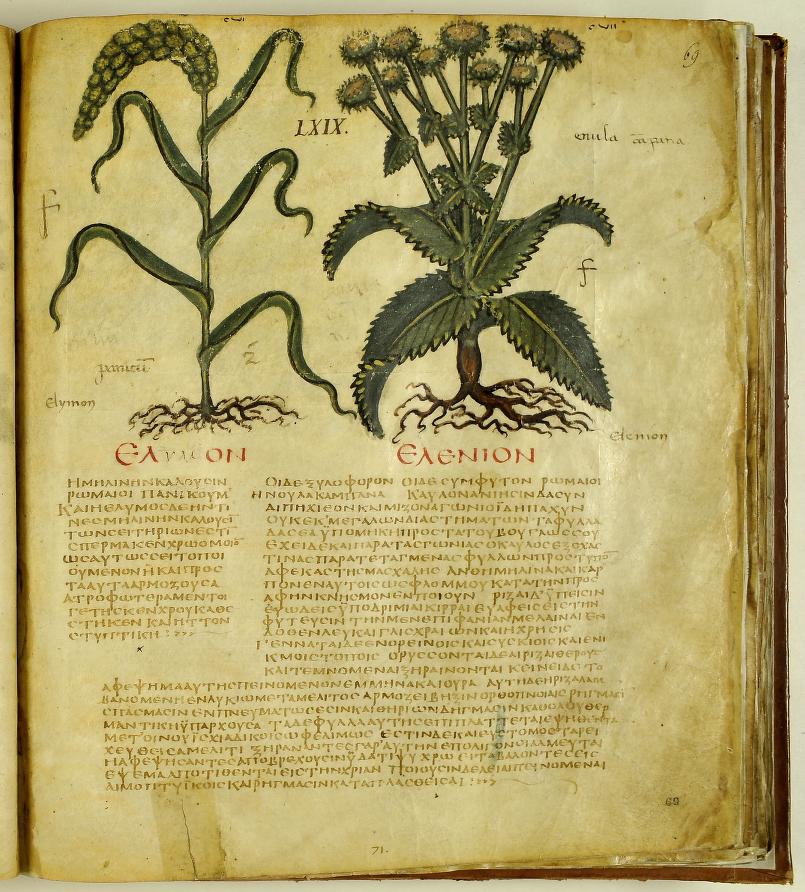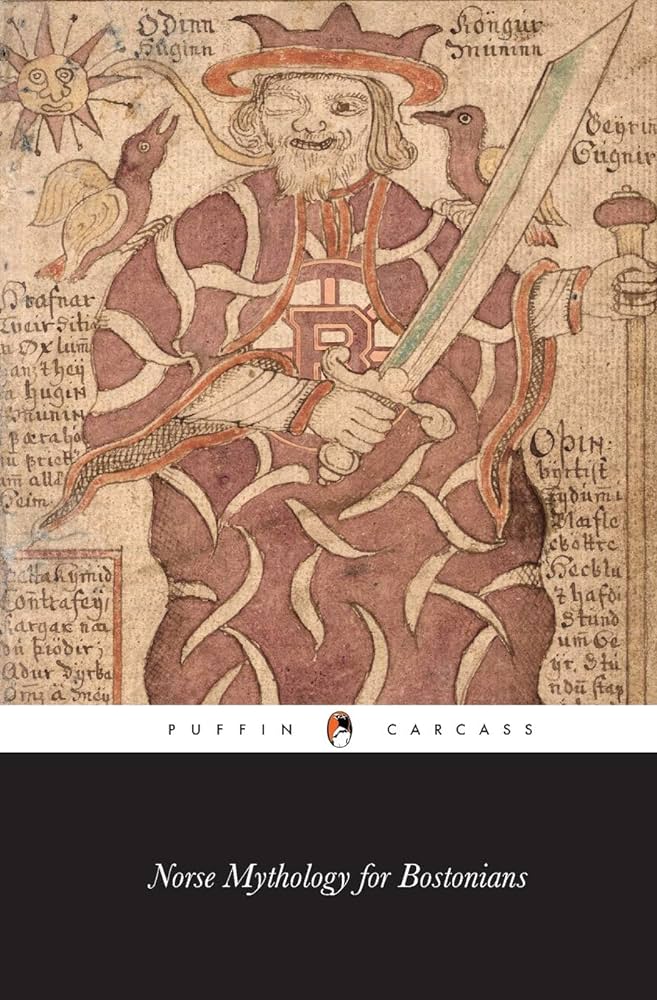Henry Danet: The Story of a Knights Templar
On Friday, October 13, 1307, dozens of Templars were arrested in France, the beginning of a purge throughout Europe. Hundreds of members of the military order were put on trial to face accusations of heresy. The records of these proceedings offer not only information about the fall of the Templars, but also details about the individual lives of its members.

The records of the trial against the Templars in the British Isles was recently edited and translated by Helen Nicholson (who has an article in our new issue). Taking place between October 1309 and June 1311, it involved 108 Templars being interrogated and having to answer to eighty-eight charges. The accusations against them were often strange - did they trample on the cross, or kissed a penis, or worshipped cats - and the records are mostly a series of responses by the Templars denying that they never did any of these acts nor know of any fellow brothers who acted this way.
One of the longest testimonies comes from a man named Henry Danet, and his account is somewhat different from other Templars because he reveals some interesting rumours about his brothers, and because he may had some personal accusations levelled against him.
The records revealed that Henry joined the order in February of 1304 in Lincolnshire, England. The Templars had a base at a place called Bruer, and its tower still remains standing. Henry offers some details about the ceremony of his induction to the order, stating that it took place at daybreak, and adding “that he swore obedience, to live without personal property and chastity.”

Henry would spend the next year and a half in England, and then travelled to Cyprus, which was the base of the Templars in the Near East. We don’t know if he was involved in fighting at the time, but the order does not seem to have taken part in any major military campaigns during this period. After spending two and a half years overseas, Henry returned to the British Isles and was sent to Ireland, where he took command of the order in that country. He arrived in Ireland on February 1, 1308, only two days before orders arrived to have all of its members arrested.
The trial records Henry answering all the accusations that were leveled against the Templars, and he makes sure to reveal nothing that incriminates himself. However, in a few cases, Henry does explain that he had heard of fellow brothers who acted badly. For instance, when asked about members who denied Jesus Christ, Henry reveals a story about Hugh of Ampurias, a Templar who captured at the island of Raud (also called Tortosa) in 1302:
Then he says that he has heard that a certain Brother Hugh of Ampurias who was lieutenant marshal at Tortosa near Acre, three days before Tortosa was captured, left the castle of the same Tortosa and went to the Sultan of Babylon as his helper, totally denying the Catholic faith, and he also says that he heard when he was in overseas parts that a certain commander of Castle Pilgrim in the Syrian region received many brothers under the said denial, however he is ignorant of the names of the commander or the brothers thus received.
Then, at another point, when asked if he knew of brothers who kept idols, Henry replied:
He has certainly heard that a certain brother of the said Order in Catalonian parts, of whose name he is ignorant, had a certain brass head in his keeping, which had two faces, and it was said to him that it replied to all questioning, however he says that the same brother did not practice such things, so far as he has heard, and he says that he understands that may laymen in those regions have such heads and exercised such things, as he says has heard.
In both cases, Henry seems to be repeating rumours that he might have heard being discussed by Templars themselves. While some historians have suggested that Henry ‘confessed’ under torture, there is no evidence to suggest that he was subjected to his treatment. However, he may have wanted to offer some accusations against others because he himself was under suspicion. The records reveal that two friars in Ireland testified that Henry was a special favourite of Jacques de Molay, the last Grand Master of the Knights Templar, and that he had been made the commander of the Templars in Ireland, apparently for life. The Irish friars also hinted that he gained this nice position for unseemly behaviour.
In an article about his testimony, Helen Nicholson explains, “Brother Henry was in a difficult position. He had been in the East at some point in his career and should therefore have been familiar with the Templars’ alleged heresies. He was an Englishman who had come to Ireland very recently and was thus a stranger in a society where many of the population disliked the English. His testimony could have been intended to satisfy his interrogators while leaving himself apparently innocent.”
We know very little else about Henry Danet - in the autumn of 1312 was released on prison on bail, and it seems that when the order was officially disbanded he was a given regular pension like other Irish Templars.
You can read The Proceedings Against the Templars in the British Isles, a two-volume work containing the text and translation, by Helen Nicholson, from Ashgate Publication. Her article, “The Testimony of Brother Henry Danet and the Trial of the Templars in Ireland,” appears in In laudem hierosolymitani : studies in Crusades and medieval culture in honour of Benjamin Z. Kedar, edited by Iris Shagrir, Ronnie Ellenblum and Jonathan Riley-Smith, which is also published by Ashgate.
You can read more about the Templars, including a piece by Helen Nicholson, in the latest issue of Medieval Warfare magazine.




